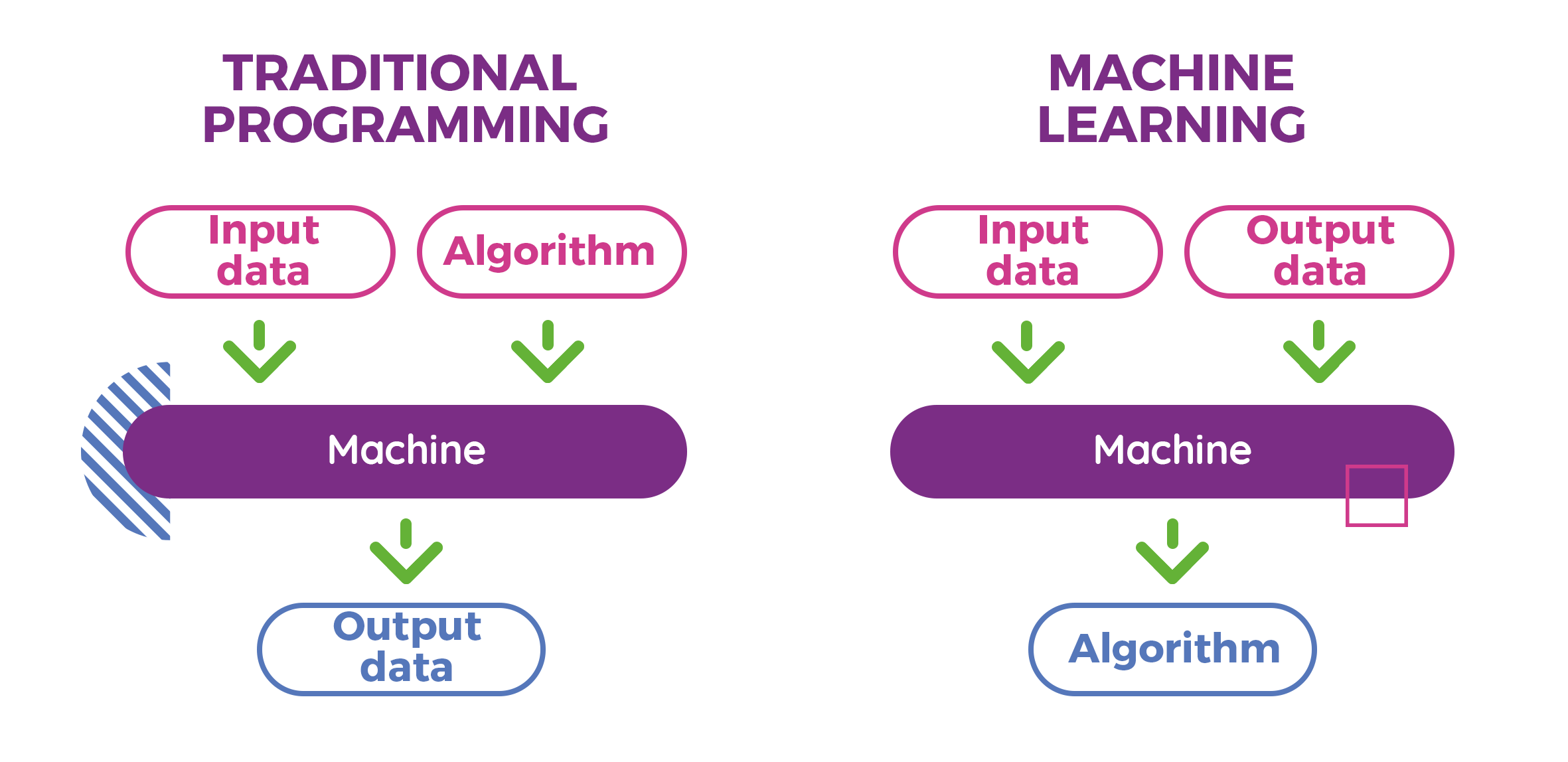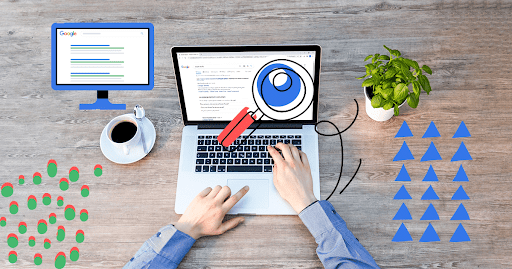In the digital age, having a strong online presence is essential for businesses and individuals alike. Search Engine Optimization (SEO) plays a pivotal role in driving organic traffic to your website, making it crucial to implement effective strategies to boost website SEO ranking. In this blog post, we’ll delve into 10 actionable tips that can help you enhance your website’s visibility and climb up the search engine results ladder.
Read More: Digital Marketing Strategies to Increase Brand Awareness
Tips to Boost Your Website SEO Ranking 2024
- High-Quality Content Creation Creating valuable, relevant, and engaging content is the foundation of SEO success. Craft well-researched articles, blog posts, videos, and infographics that address your audience’s needs and provide solutions to their problems.
- Keyword Research Thoroughly research and identify relevant keywords related to your content. Use tools like Google Keyword Planner, SEMrush, or Ahrefs to find keywords with high search volume and low competition. Incorporate these keywords naturally into your content, titles, and headings.
- Optimize On-Page SEO Elements Optimize your website’s on-page elements such as titles, meta descriptions, headings, and image alt text. These elements provide context to search engines about the content of your pages and help improve your website’s search visibility.
- Mobile-Friendly Design Ensure your website is responsive and mobile-friendly. With a significant portion of web traffic coming from mobile devices, Google considers mobile compatibility as a ranking factor.
- Page Loading Speed A slow-loading website can lead to a higher bounce rate and lower search rankings. Compress images, leverage browser caching, and utilize content delivery networks (CDNs) to enhance your website’s loading speed.
- High-Quality Backlinks Quality over quantity is the key when it comes to backlinks. Seek opportunities to obtain backlinks from authoritative and relevant websites. Guest posting, influencer outreach, and participating in industry forums can help you build a strong backlink profile.
- User Experience (UX) Optimization An exceptional user experience leads to longer time spent on your website and decreased bounce rates, both of which can positively impact your SEO ranking. Make navigation intuitive, ensure clear call-to-actions, and provide a visually appealing layout.
- Regular Content Updates Search engines prefer fresh content. Regularly update your website with new blog posts, articles, or other relevant content to signal to search engines that your site is active and relevant.
- Utilize Schema Markup Schema markup provides search engines with additional information about your website’s content. It can enhance the appearance of your search results by adding rich snippets and improving click-through rates.
- Monitor and Analyze Utilize tools like Google Analytics and Google Search Console to monitor your website’s performance. Track key metrics such as organic traffic, bounce rate, and keyword rankings. Analyze this data to identify areas for improvement and adjust your strategies accordingly.
Why Must You Prioritize Your On-Page Content Over Off-Page SEO?
When it comes to On-page then you must focus more on your content rather than off-page SEO for several reasons that are:
-
Consumer Experience
When we write high-quality content, it will directly contribute to the user’s knowledge. By making it engaging, and informative in a well-structured manner, you can keep your visitors spending more time on your website. A positive experience leads to higher satisfaction and increases conversion rates.
-
Search-Engine Understanding
When we talk about multiple search engines such as Google, Yahoo, and Bing, their crawlers first understand the context of the content whether it relates to the topic or not. By leveraging the use of relevant keywords, headers, and structured data, you can start providing positive signals to your search engines and tell what you are talking about. This will make your blog rank on search results that match the queries.
-
Content Authority
High-quality on-page content brings more authority to your niche. When you provide the right information to your visitors, then they will like to visit your website and return again and again. This will increase the organic traffic and bring better rankings on time.
-
Algorithm Updates
Regularly, search engines update their algorithms and prioritize the user experience based on the content quality of the website. By focusing on on-page content, you can relate to all the latest SEO practices that reduce the risk of being in a negative or lower position.
-
Conversion Optimization
On-page content plays an important role by giving guidance to your visitors throughout the conversion funnel. Clear call-to-action (CTAs), and engaging information, will improve the conversion rates, turning visitors into consumers.
-
Off-page SEO
Focusing on off-page SEO strategies such as link building is more successful when you have strong on-page content. High-quality content will attract more backlinks that automatically boost the site’s authority and search engine rankings.
Wrapping-Up
In conclusion, improving your website’s SEO ranking is a continuous process that requires dedication and effort. By implementing these 10 actionable tips, you can enhance your website’s visibility, attract more organic traffic, and ultimately achieve higher rankings on search engine results pages. Remember that SEO success takes time, so stay patient and persistent.










